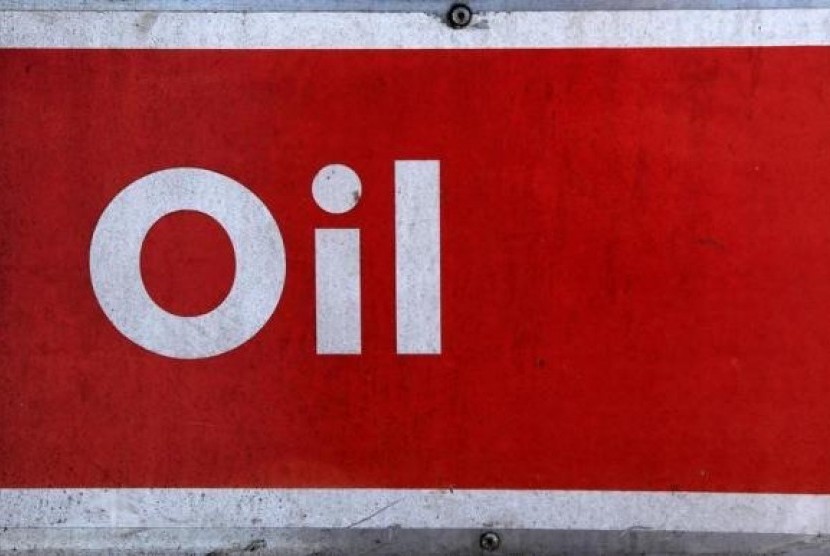REPUBLIKA.CO.ID, DUBAI -- Falling world oil prices will hurt countries across the Middle East unless Saudi Arabia, the world's biggest crude exporter, takes action to reverse the slump, according to Iran's deputy foreign minister.
Hossein Amir Abdollahian described Saudi Arabia's inaction in the face of a six-month slide in oil prices as a strategic mistake and said he still hoped the kingdom, Tehran's main rival in the Gulf, would respond.
Oil prices closed on Wednesday at a 5-1/2 year low, registering their second-biggest ever annual decline after OPEC oil exporters, led by Saudi Arabia, chose to maintain oil output despite a global glut and calls from some of the cartel's members - including Iran and Venezuela - to cut production.
"There are several reasons for the drop of the price of oil but Saudi Arabia can take a step to have a productive role in this situation," Abdollahian said.
"If Saudi does not help prevent the decrease in oil price ... this is a serious mistake that will have a negative result on all countries in the region," Abdollahian said in an exclusive interview on Wednesday evening.
His comments highlight continued tensions between the Shi'ite Muslim republic and Sunni Muslim kingdom, locked in a battle for regional power and influence despite hopes of rapprochement since the inauguration of Iran's President Hassan Rouhani in August 2013.
Abdollahian said Iran would have more discussions with Saudi Arabia about the oil price, both through oil officials at OPEC and through the foreign ministry. He did not give specific details on when any meeting might take place.
Saudi Arabia said last month that it would not cut output to prop up oil markets even if non-OPEC nations did so.
The Iranian deputy minister also criticized Saudi military involvement in Bahrain, which has been gripped by tension since 2011 protests led by majority Shi'ite Muslims demanding reforms and a bigger role in running the Sunni-ruled country.
Abdollahian said Bahraini authorities' continued detention of Shi'ite opposition leader Sheikh Ali Salman would have "serious consequences" for the government there.
Tehran and Riyadh accuse each other of interfering in the pro-Western Gulf island kingdom, one of several countries where their power struggle has played out. They also support opposing sides in wars and disputes in Iraq, Syria, Lebanon and Yemen.


